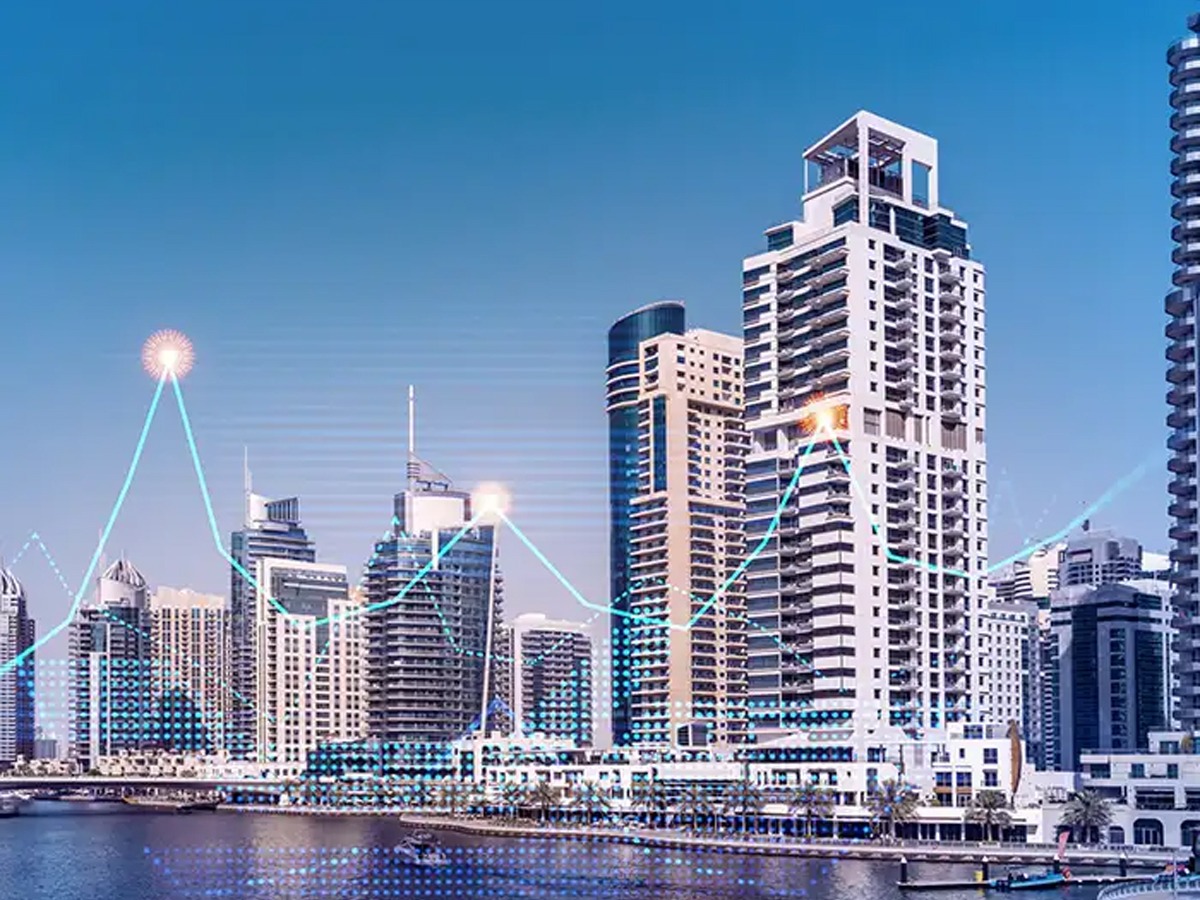Blog

Getting Around the Dubai Real Estate Market: Trends and Opportunities
Over the past few decades, Dubai's real estate market has changed dramatically, turning the city from a desert to a major global centre for real estate. The city has created an atmosphere that is ideal for real estate development because of its advantageous location between Europe, Asia, and Africa as well as forward-thinking government initiatives.
Crucial Market Forces
The real estate market in Dubai has been resilient and appealing due to a number of factors:
Economic Diversification: As a result of Dubai's economy's transition from being reliant on oil to being more diverse, the city has seen a rise in demand for commercial real estate, with several international firms establishing regional offices there.
Tourism & Hospitality: As a result of Dubai's increasing allure as a travel destination, there is a growing need for lodging—that is, hotels, resorts, and short-term rental properties
Expo 2020: The city of Dubai experienced significant changes as a result of hosting Expo 2020, including significant expenditures in lodging and transportation infrastructure.
Tax Benefits: Dubai draws a large number of foreigners and businesspeople due to its advantageous tax laws for both citizens and companies.
Prospects for Dubai Real Estate
Luxurious Real Estate: Dubai has earned its reputation as a city of luxury, and its abundance of opulent real estate, including apartments in the Burj Khalifa and villas on the Palm Jumeirah, attracts wealthy visitors and residents.
Affordable Housing: In an effort to increase Dubai's accessibility, developers have concentrated on building reasonably priced housing alternatives that will entice both long-term and first-time residents to live there.
Short-Term Rentals: As a result of the growth of websites like Airbnb, purchasing real estate for short-term rentals has become a profitable choice for those seeking a reliable source of income.
Commercial Real Estate: Demand for commercial space has increased due to Dubai's developing reputation as a corporate hub, especially in neighbourhoods like corporate Bay and Dubai International Financial Centre (DIFC).
Off-Plan Projects: Value-seeking investors frequently choose off-plan properties since developers frequently provide appealing payment options and incentives.
Market-Shaping Trends of Late
Sustainable Development: In an effort to appeal to investors who are concerned about the environment, Dubai has been actively promoting sustainable development, with an emphasis on green buildings and eco-friendly practises.
Flexible Workspaces: The pandemic hastened the rise in popularity of flexible workspaces, and in response, co-working spaces and serviced offices have exploded in Dubai.
Flexible Workspaces: The pandemic hastened the rise in popularity of flexible workspaces, and in response, co-working spaces and serviced offices have exploded in Dubai.
Expo 2020 Legacy: The building of the Al Maktoum International Airport and the enlargement of the Dubai Metro are only two examples of the enhanced infrastructure that the Expo 2020 event left behind.
Regulatory Reforms: To improve market trust generally, the government has implemented a number of regulatory reforms to strengthen transparency and safeguard the interests of developers and investors.
Dubai Real Estate FAQ
These are some of the most common questions and answers about real estate.
All FAQ's